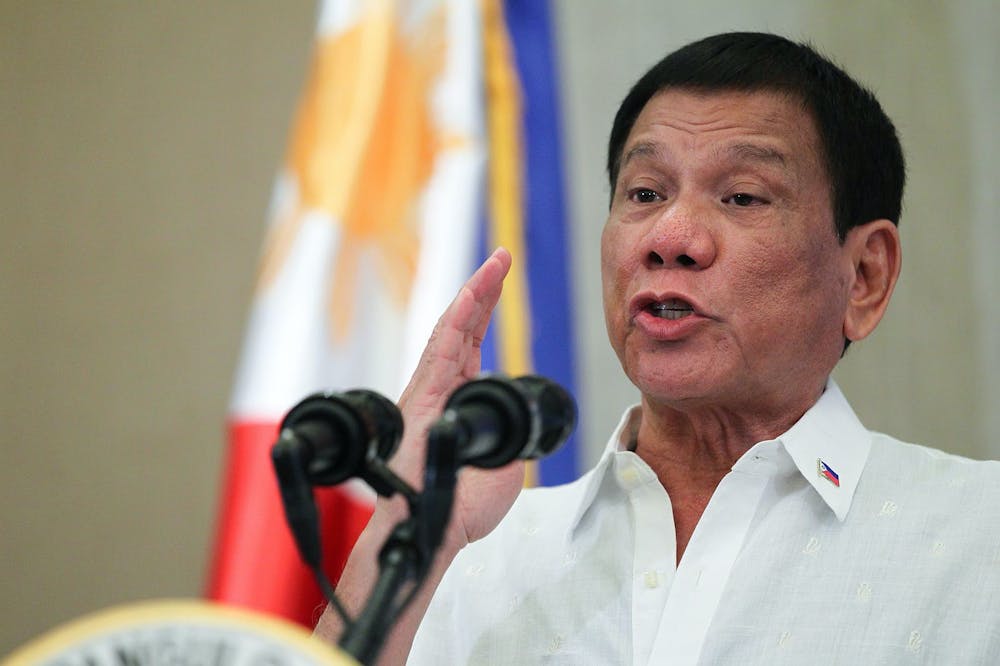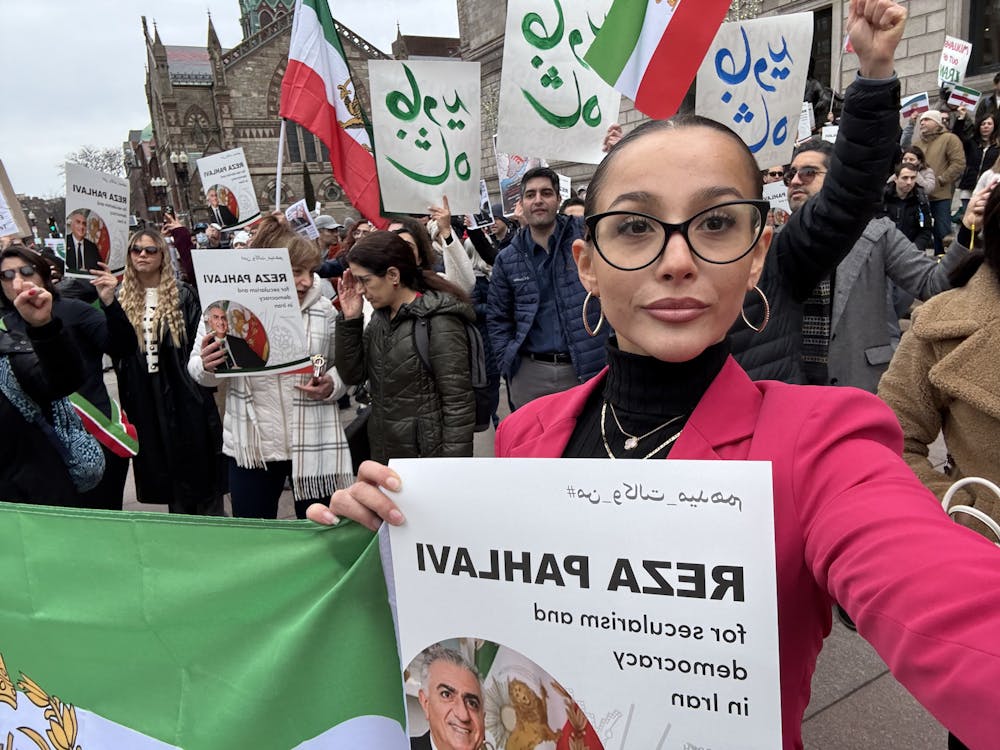In the age of widespread internet usage, many Americans debate whether they should forfeit their privacy in the name of public safety and counterterrorism. But in the newfound period of the coronavirus (COVID-19) quarantine, Americans are struggling with the question of how much freedom they should forfeit in the name of public health.
Restrictions on travel, businesses and other non-essential activities have been very beneficial and have done a significant job of flattening the pandemic curve. If governments did not exercise more power than normal during a pandemic, they would do a poor job of responding to the crisis and protecting their citizens.
That being said, two major concerns must be on the minds of citizens all over the world as they watch their governments try to control this disease. First, governments are overstepping what actions are necessary. Second, their leaders are preparing to extend these powers beyond the pandemic. Many government leaders can pass controversial legislation right now because they know people’s attention is elsewhere. But it is our job as civil participants to hold our leaders accountable, even in a time like this.
On April 1, Philippines President Rodrigo Duterte engaged in his usual dictatorial antics. After citizens protested because they were not receiving promised government aid, Duterte publicly ordered the police to shoot and kill anybody disobeying his stay-at-home order. Governments do not have a right to kill their citizens, especially without due process. And with the amount of misinformation and confusion right now, it’s impossible to assume someone leaving their house has malintent.
Now, it’s incredibly unlikely a situation like this would happen in the U.S., but it’s important to watch how and why each new policy is enacted. While Duterte’s policy may benefit public health, its timing is suspect. The announcement, made on the same day as a major political protest, indicates that he simply wanted to silence political opposition.
So far, both the Democrats and the Republicans have been accused of using the COVID-19 crisis to quietly advance controversial policies. Travel restrictions have effectively made political protesting impossible, and for good reason. But with the government and the internet still running, political activism is never unfeasible. It’s important that we all let our representatives know how we feel about their handling of this crisis. Even making noise on social media can sometimes create real change.
In Hungary, Prime Minister Viktor Orban has been given full dictatorial power indefinitely. He was granted this power to allow him to respond quickly and decisively to the rapidly-changing nature of a pandemic, avoiding the democratic bureaucracy that can sometimes be too slow. And while many fear he will misuse those powers during the crisis, others are worried he will not surrender this power afterward.
Again, there is no realistic chance that U.S. President Donald Trump becomes an unchecked dictator, but the chance that these quarantine policies will impact post-crisis policy is very high. As we watch our leaders decide what policies to keep, what the threshold to reactivate these policies is and what powers to expand in future crises, we need to be watchful and active.
One of my biggest political concerns during this crisis has been the term “non-essential.” While I have agreed with the implementation of this term in most cases, I am still hesitant to trust the government to define what is essential and what is not. As fines and arrests are handed out for egregious violations, these questions come up in my mind. Does the government understand that those struggling economically may need to leave the house more often to have their needs met? Does the government understand that, as a result of staying at home all day, mental health is declining and domestic violence is rising? As the number of cases continues to rise, will the ability to leave the house for these essential reasons continue to be protected?
Because most Hopkins students come from democratic countries, we tend to be represented in some way in our countries’ governments. But many of us also tend to be silent even when we disapprove of our governments’ policies. A great way to have your voice heard is by contacting the people who represent you. It is the duty of federal and local officials to make your voice heard, so tell them about your concerns directly. Since political organizing is not advisable right now, make use of the internet to talk to people about these issues, stay up to date on policy changes and get involved with organizations like Human Rights Watch that seek to protect citizens from their governments.
I’m a fairly optimistic person, and I trust the American people and the system of government in place to do a decent job of handling these concerns. But at the same time, it’s critical that everyone is represented, and that includes Hopkins students. While some of us have more immediate and important concerns than intricate political details right now, many of us can still make our voices heard and elevate the voices of our peers who are struggling most. And without everyone’s input, a democracy ceases to be a democracy.
Eric Lynch is a sophomore majoring in Sociology from Long Island, New York. He is a Sports Editor for The News-Letter.





